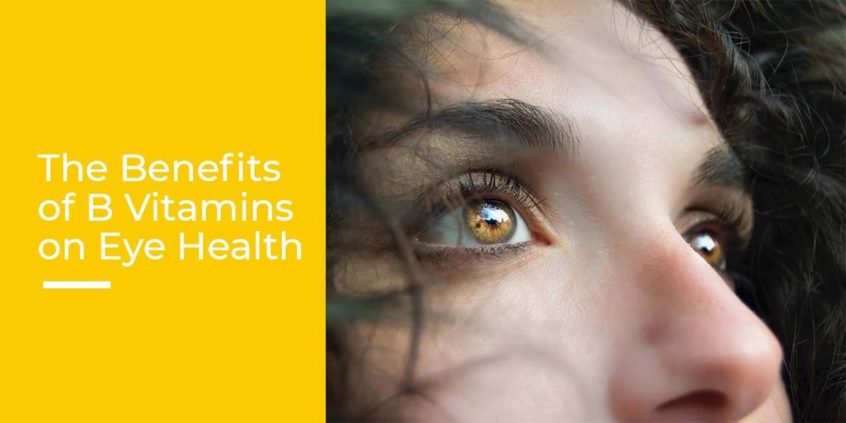Our eyes deserve to be given the same time and attention that all of our other vital organs receive. But unfortunately, eye health is often overlooked. Your eyes need the proper nourishment and vitamins that are often received from eating a healthy diet. However, Viteyes’ experts also recommend investing in daily supplements with B-vitamins to ensure complete eye health.
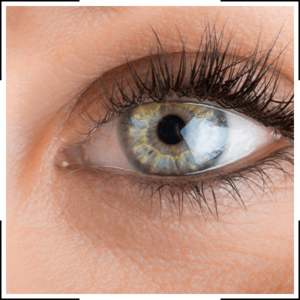
The Benefits of B Vitamins
Eye health and the benefits of B vitamins go hand-in-hand. For years this type of supplement has been studied regarding how it can support good eye health.
There are eight types of B vitamins:
- B-2 (riboflavin)
- B-1 (thiamine)
- B-6 (pyridoxine)
- B-3 (niacin)
- B-5 (pantothenic acid)
- B-7 (biotin)
- B-9 (folic acid)
- B-12 (cobalamin)
Several B vitamins have been studied for their impact on eye health, specifically Vitamins B6, B9, and B12.
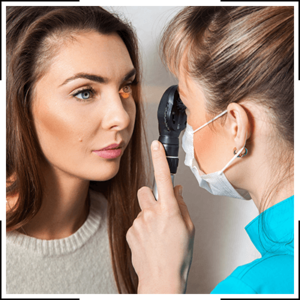
Decrease Chances of Cataracts
Vitamin B-2, sometimes simply called riboflavin, has been studied extensively for its role in eye health. Riboflavin is an antioxidant that can reduce oxidative stress in your body, including your eyes. Scientists are also studying riboflavin to see how it can help prevent the likelihood of developing cataracts, as a riboflavin deficiency may lead to this disorder. The best way to increase your chances of preventing cataracts is to take regular Vitamin B supplements.
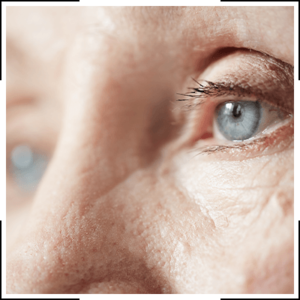
Age-Related Macular Degeneration (AMD)
Vitamin B6, B9, and B12 help decrease the homocysteine level, which is a body protein that may be linked with inflammation and may enhance the prospect of developing AMD (age-related macular degeneration.)
Age-related macular degeneration (AMD) is an increasing problem for older individuals. This disease is characterized by either a buildup at the back of the eye or the abnormal growth of blood vessels. As a result, patients lose significant portions of their central vision. Eating foods or taking supplements that are rich in Vitamin B-12 may slow the progression of AMD.
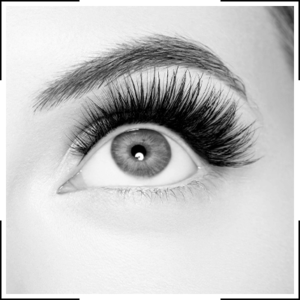
Optic Neuropathy
Caused by a deficiency of Vitamin B-12, the optic nerve is accountable for transferring signals from the eyes to the brain. A B-12 deficiency can cause nerves, including the optic nerve, to become brittle. As a result, this can cause damage to the optic nerve resulting in decreased vision.
Foods Rich in B-Vitamins
Supplements and B-vitamin complex rich foods help in reducing vision issues like AMD and optic neuropathy, including:
- Milk
- Liver and kidney
- Meat, such as chicken and red meat
- Cheese
- Dark green vegetables
- Vegetables, such as beets, avocados, and potatoes
- Eggs
- Fish, such as tuna, mackerel, and salmon
- Shellfish, such as oysters and clams
- Beans, such as kidney beans, and chickpeas, black beans,
- Nuts and seeds
- Whole grains and cereals
- Fruits, such as banana, citrus, and watermelon
- Soy products
- Wheat germ
- Yeast
People with peripheral nerve issues and vision disturbances should visit a doctor as soon as possible and get checked for deficiencies. It is most likely to find Vitamin B12 deficiency for optic nerve weakness. Both the elderly and most adults over the age of 20 should take supplements after consulting their doctor to prevent these issues.
Shop our online store now to find the right B-vitamin supplement for you!
